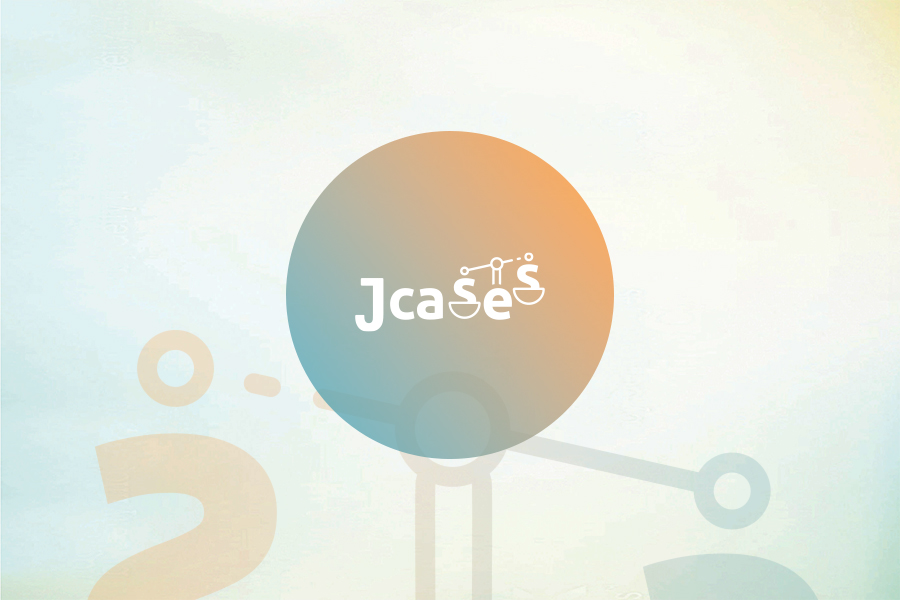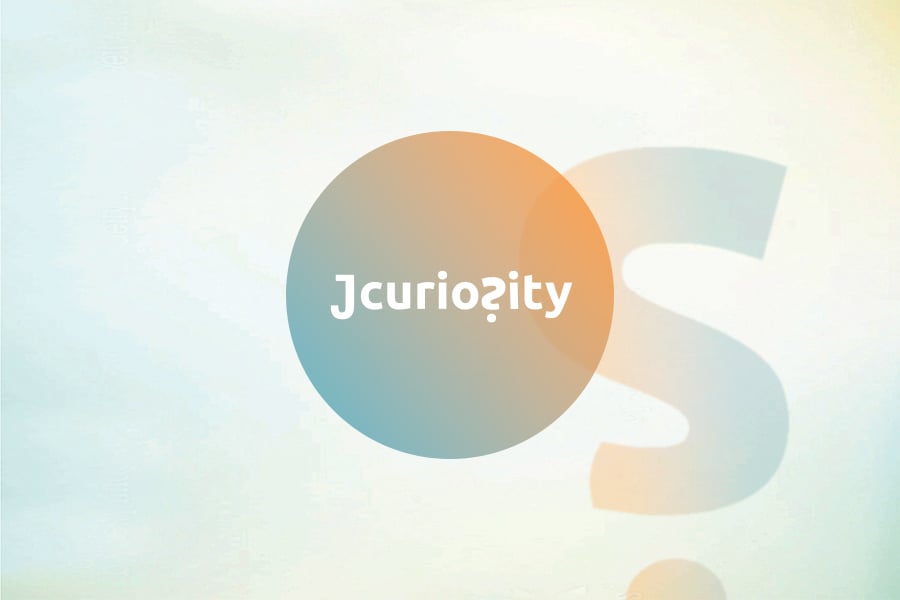The French Court of Cassation has issued some interesting decisions on the interpretarion of the Regulation (CE) n° 469/2009 concerning the Supplementary Protection Certificates for medicaments.
Actually, some of the decisions provide an interesting clarification on the interpretation of the Regulation (CE) n° 469/2009 concerning the Supplementary Protection Certificates for medicaments.
On Article 3a) of the Regulation (CE) n° 469/2009
The Court of Cassation has interpreted Art. 3(a) of the Regulation in two decisions issued on 1st February, 2023 (appeal n°21-13.663 and 21-13.664). According to this article, a supplementary protection certificate cannot be grated unless, at the date of filing the application, the product is protected by a basic patent in force.
In the case at issue, the basic patent protected an antibody defined functionally.
The Court of Cassation has referred to the Royalty Pharma Collection Trust case law of the CJUE, according to which it is necessary to verify if the product is necessarily and specifically covered by one of the claims of the basic patent if it is not explicitly mentioned.
For said purpose, the Court of Cassation considers that two conditions have to be met:
- the product necessarily has to rise («relever»), for the person skilled in the art, in the light of the description and the figures of the basic patent, from the invention covered by the patent, and
- the person skilled in the art must be able to identify said product specifically in the light of all the elements disclosed by said patent, and on the basis of the state of the art on the filing date or on the priority date of the same patent.
Under these circumstances, the Appeal Court should have verified:
- if the processes for the preparation of the monoclonal antibodies were well known to the skilled person in the art on the filing date of the patent application and if the latter, in the description, disclosed how to screen the concerned antibodies for identifying those that fulfill the function of the invention,
- if the skilled person could also, while reading the patent and thanks to their general knowledge, obtain, by daily routine, all the antibodies fulfilling the function aimed by the patent, within the product object of the SPC.
On the interpretation of Article 1b) of the Regulation (CE) n°469/2009
The Court of Cassation has interpreted Article 1b) of the Regulation in another decision issued on 1st February, 2023 (appeal n°21-15.221). According to this article, a product object of the SPC must be the active principle or the composition of active principles of a medicament.
In the case at issue, one of the products object of the SPC was present as an excipient in the MA.
The Court of Cassation has referred to the Forsgren arrêt of the CJUE, according to which a vector protein conjugated to a polysaccharidic antigen with a covalent bonding cannot be indicated as an «active principle» unless it is established that it has an own pharmacological, immunological or methabolic effect covered by the therapeutic indications of the marketing authorization.
In particular, the Court has decided that the absence of a designation of a substance as an active principle in a marketing authorization represents a presumption that it is not a product under the meaning of article 1 of the Regulation (CE) n°469/2009.
Interestingly, the Court has added that this presumption would be rebuttable (rejectable by a contrari evidence), for instance on the basis of elements contained in the marketing authorization or in an external document, with the purpose of justifying an own effect for the compound considered as an excipient, alone or in association, for the therapeutic indications of the MA.
Our staff is available for providing our advise on the filing and examination of your Supplementary Protection Certificate (SPC) before the INPI.



